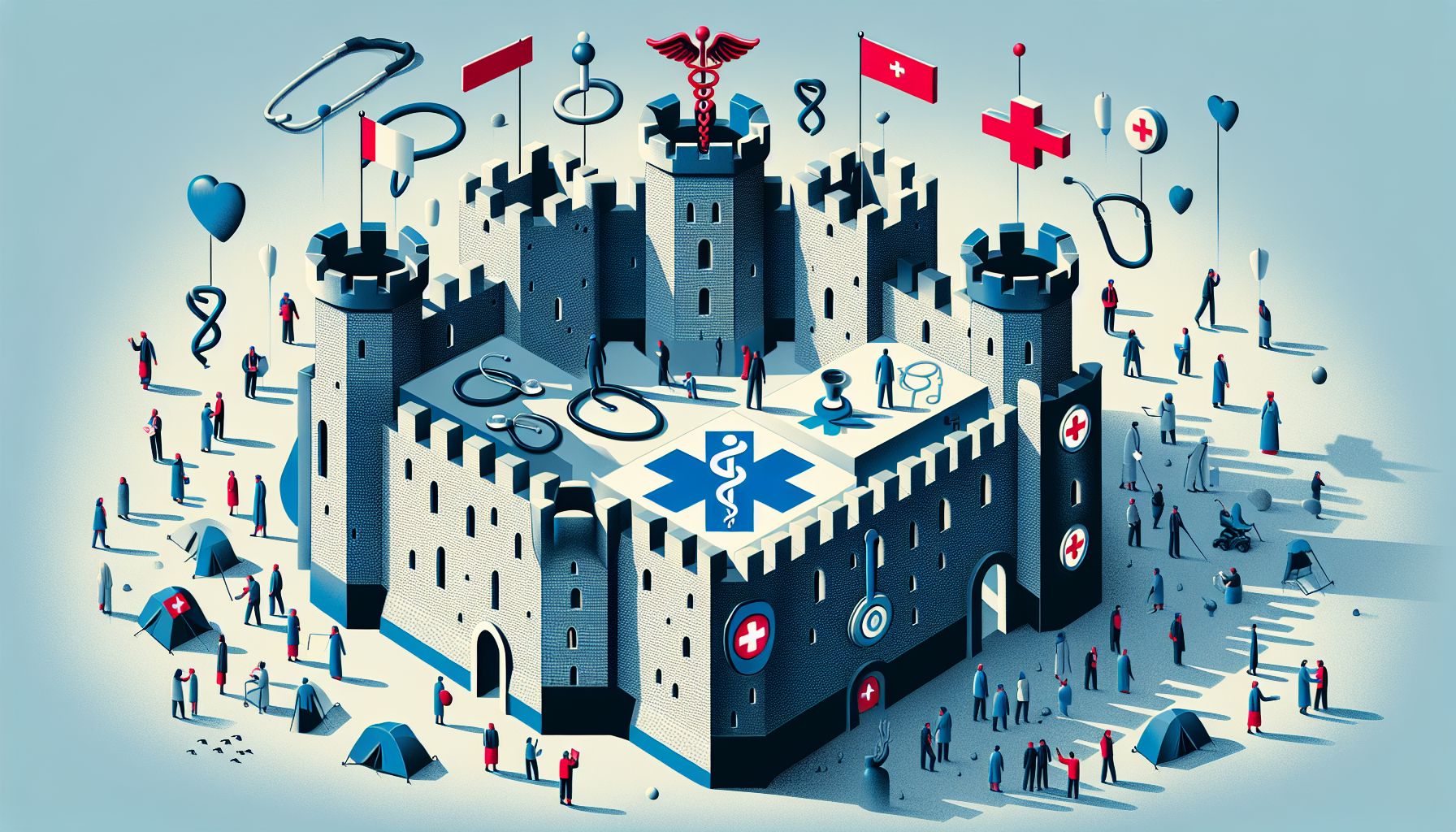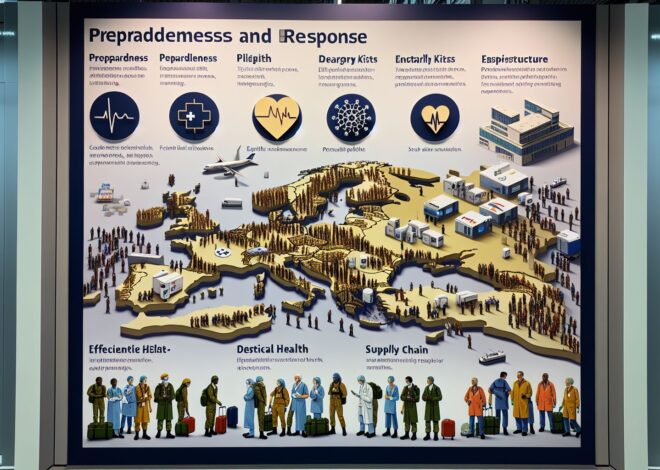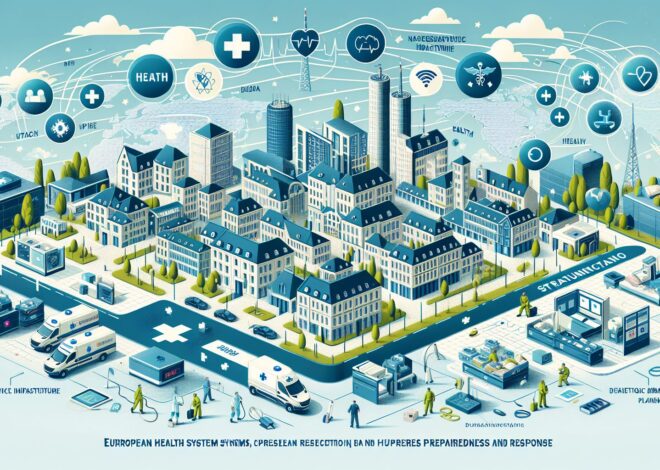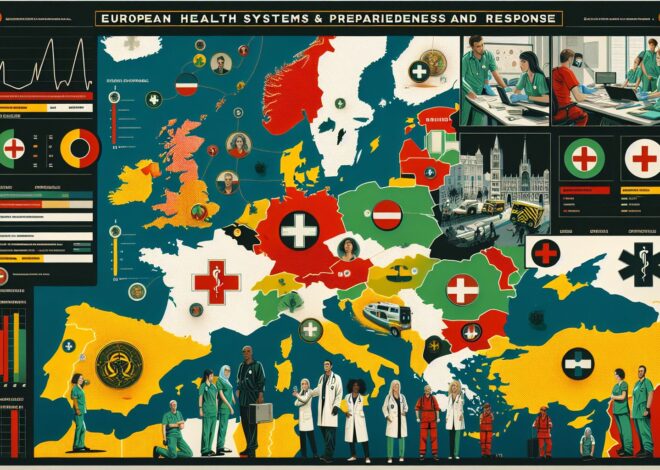
The Preparedness and Response of European Health Systems
As the world continues to grapple with the ongoing COVID-19 pandemic, the importance of preparedness and response in European health systems has never been more crucial. The ability of health professionals, policymakers, and concerned citizens to work together effectively in the face of health emergencies is essential in ensuring the well-being of the population.
The preparedness of European health systems in the face of a health crisis such as the COVID-19 pandemic is a reflection of the level of readiness to cope with unexpected challenges. While some European countries have been praised for their quick and decisive responses to the pandemic, others have struggled with overwhelmed healthcare systems and shortages of essential supplies.
Health professionals play a key role in the preparedness and response of European health systems. Their expertise and dedication are crucial in managing outbreaks, providing care to patients, and educating the public on preventative measures. In times of crisis, health professionals are on the front lines, putting themselves at risk to protect others. It is important for health systems to support and equip these professionals with the resources and training they need to effectively respond to emergencies.
Policymakers also have a significant role to play in ensuring the preparedness and response of European health systems. Effective policy decisions can help allocate resources, coordinate efforts, and implement measures to protect public health. In times of crisis, policymakers must act swiftly and decisively to mitigate the impact of the emergency and ensure the well-being of the population. Collaboration between policymakers and health professionals is essential in developing and implementing effective emergency response plans.
Concerned citizens also have a role to play in the preparedness and response of European health systems. By following public health guidelines, practicing good hygiene, and staying informed, individuals can help prevent the spread of infectious diseases and reduce the burden on healthcare systems. During a health crisis, it is important for citizens to remain calm, follow instructions from health authorities, and support efforts to protect public health.
In light of the challenges posed by the COVID-19 pandemic, European health systems must reassess their preparedness and response strategies. Lessons learned from the pandemic should be used to strengthen emergency response plans, improve healthcare infrastructure, and enhance collaboration between stakeholders. Investing in public health initiatives, increasing healthcare capacity, and prioritizing the well-being of health professionals are crucial steps in building a more resilient health system.
The preparedness and response of European health systems are critical in safeguarding the health and well-being of the population. By working together, health professionals, policymakers, and concerned citizens can help mitigate the impact of health emergencies and ensure the resilience of healthcare systems. It is essential for stakeholders to prioritize preparedness, strengthen response mechanisms, and foster collaboration in order to effectively address future health crises.



